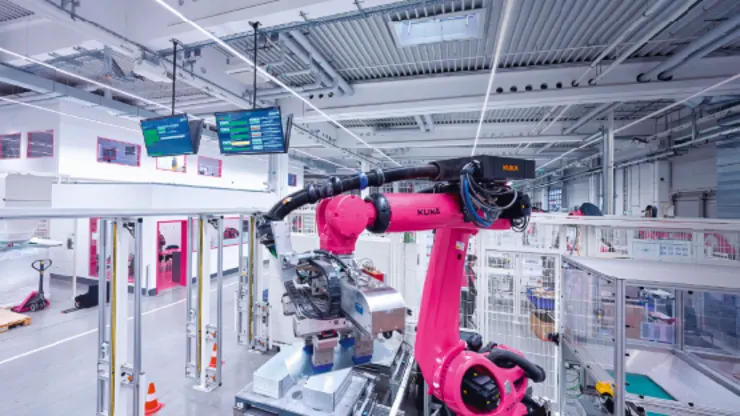
European markets were slightly higher Monday, after regional markets were boosted on signs the recent rate of consumer price rises could be slowing.
The Stoxx 600 index was up by 0.2% in morning trade, with most sectors gaining. Mining stocks were up 1.1% and banks climbed 0.6%.
Cautious gains were maintained even as the latest set of purchasing managers’ index surveys showed an outgoing downturn in manufacturing output.
That comes after the Stoxx rounded off the worst quarter of the year and two successive months of declines.
Figures published last week showed euro zone inflation fell to its lowest level since October 2021. It tumbled to 4.3% for the month of September, according to flash data. The European Central Bank hiked interest rates to a record level last month, but economists and investors expect them to have now reached their peak.
An inflation guage favored by the U.S. Federal Reserve rose by less than expected in August, meanwhile, trimming market-based probabilities for future rate hikes.
Elsewhere overnight, Asia-Pacific stocks traded mixed after manufacturing data out of China bounced back to expansion territory.
Meanwhile, U.S. stock futures jumped at the open of trading after U.S. legislators were able to come to a temporary agreement that staved off a government shutdown.
Euro zone manufacturing activity continued to decline sharply in September, according to HCOB and S&P Global’s latest purchasing managers’ index.
The survey found “weakness across the sector, with new orders continuing to shrink at a pace that has rarely been surpassed since the survey began in 1997.”
Input costs for businesses were lower but the sector also saw falls in employment, purchasing activity and inventories as business confidence and growth expectations also weakened.
“In a bid to boost competitiveness and stimulate demand, eurozone manufacturers decreased their prices charged for a fifth successive month and to one of the greatest extents seen in 14 years,” the survey’s authors wrote.
The picture remained gloomy in Germany, where output fell at the steepest rate for nearly three and a half years.





























